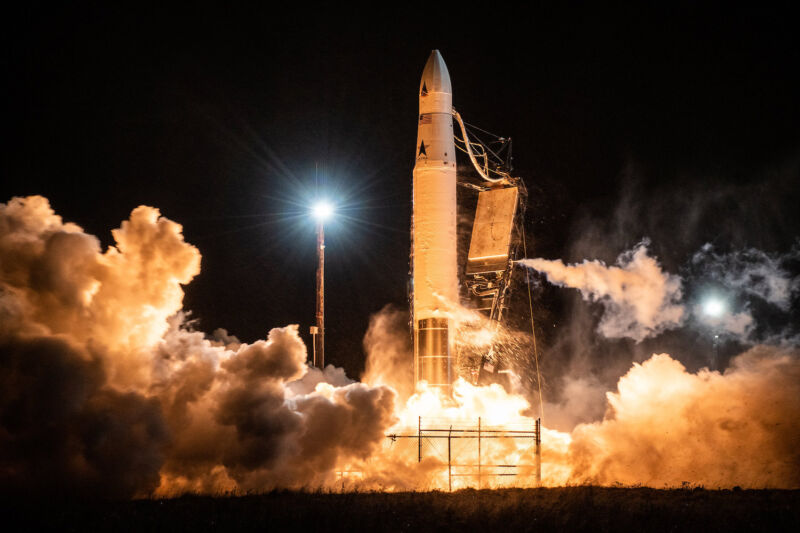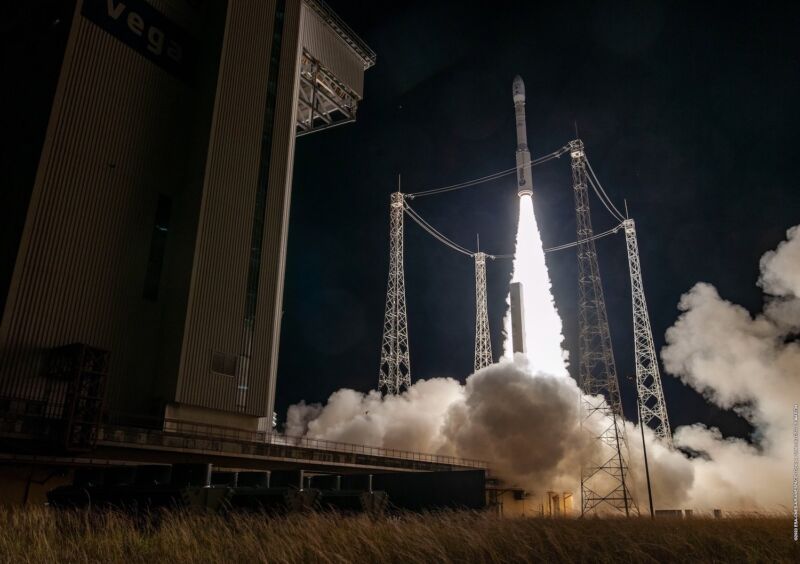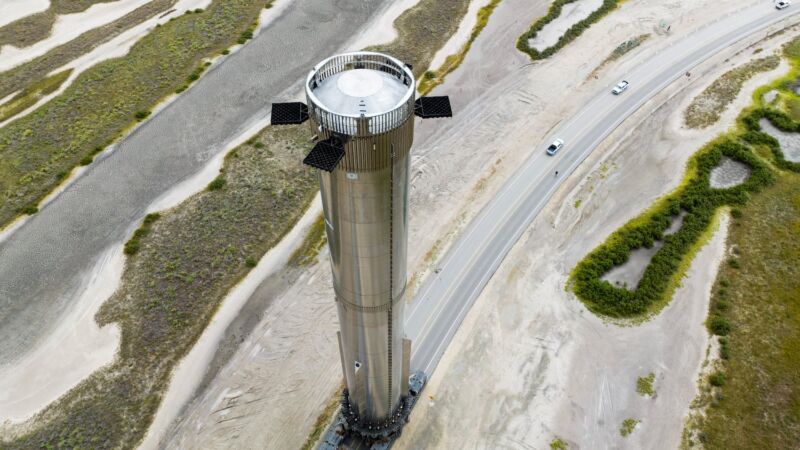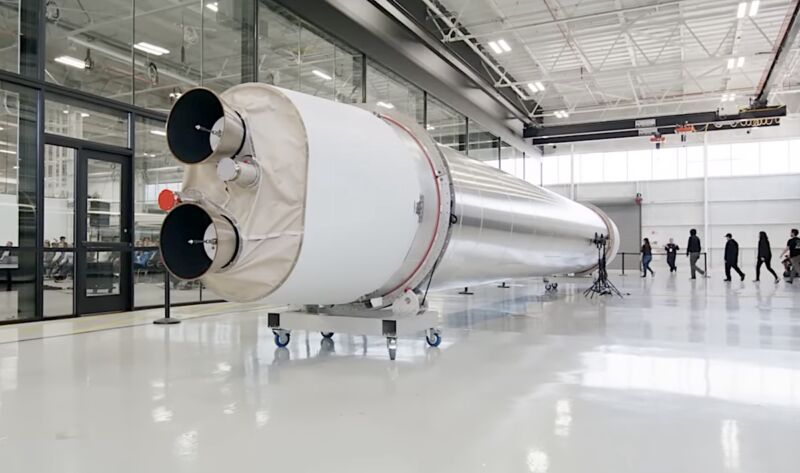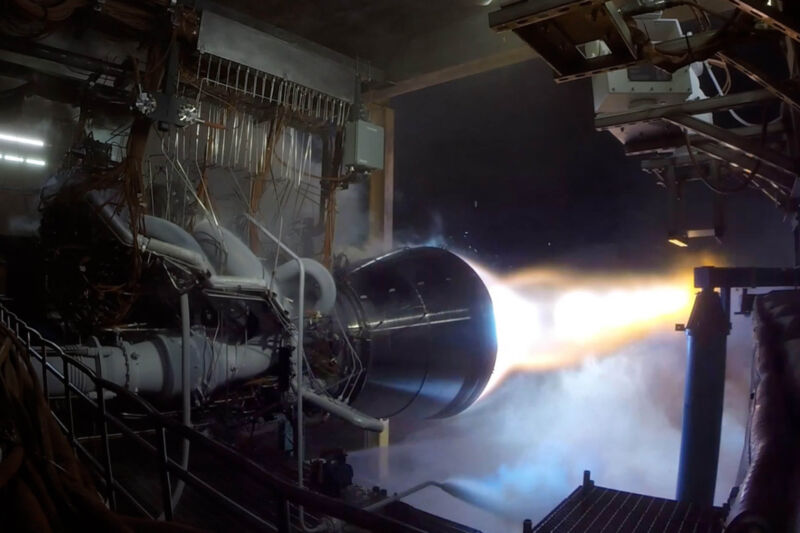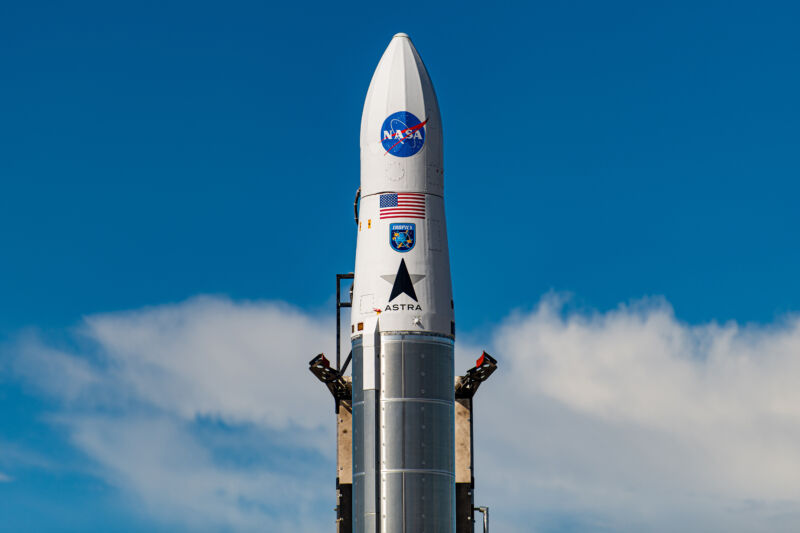-
 chevron_right
chevron_right
After Astra loses 99 percent of its value, founders take rocket firm private
news.movim.eu / ArsTechnica · Thursday, 7 March - 22:15
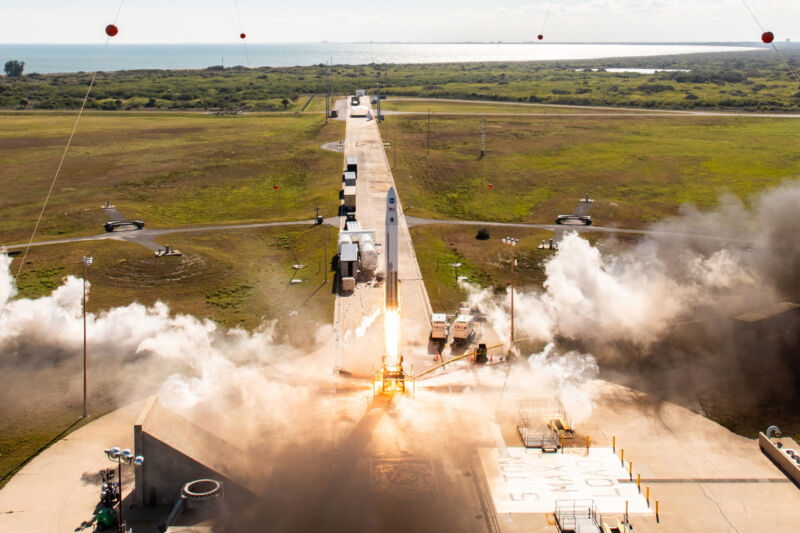
Enlarge / Liftoff of Astra's Rocket 3.0 from Cape Canaveral, Florida. (credit: Astra )
Astra's long, strange trip in the space business is taking another turn. The company announced Thursday that it is going private at an extremely low valuation.
Four years ago, the rocket company, based in Alameda, California, emerged from stealth with grand plans to develop a no-frills rocket that could launch frequently. "The theme that really makes this company stand out, which will capture the imagination of our customers, our investors, and our employees, is the idea that every day we will produce and launch a rocket," Astra co-founder Chris Kemp said during a tour of the factory in February 2020.
Almost exactly a year later, on February 2, 2021, Astra went public via a special purpose acquisition company (or SPAC). "The transaction reflects an implied pro-forma enterprise value for Astra of approximately $2.1 billion," the company stated at the time. For a time, the company's stock even traded above this valuation.

